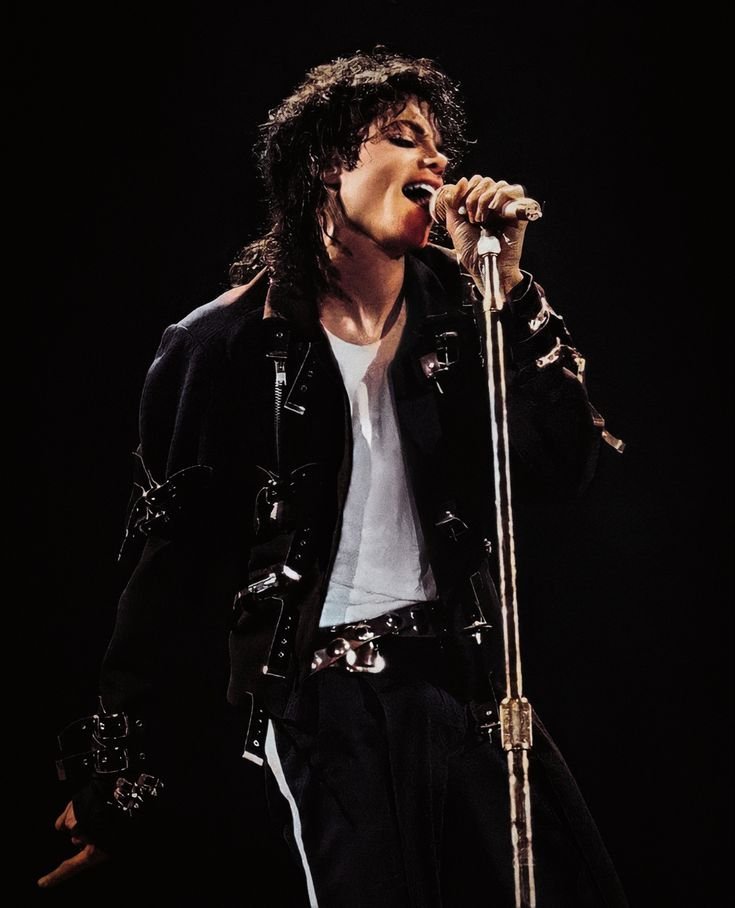Michael Jackson, often hailed as the “King of Pop,” remains one of the most iconic and influential figures in the history of entertainment. His career, spanning over four decades, was a blend of remarkable musical and dancing talent, groundbreaking achievements, and a life filled with controversy and speculation.
Born on August 29, 1958, in Gary, Indiana, Michael Joseph Jackson was the eighth of ten children in the Jackson family. A natural performer, Jackson’s music career began at a young age when he joined his siblings in The Jackson 5. Managed by their father, Joseph Jackson, the group quickly rose to fame with hits like “I Want You Back” and “ABC,” showcasing young Michael’s extraordinary vocal and dancing abilities.
Michael Jackson’s solo career took off in the late 1970s, but it was the release of his fifth studio album, “Thriller,” in 1982 that catapulted him into unprecedented global fame. “Thriller” not only became the best-selling album of all time, with estimated sales of over 66 million copies worldwide, but it also broke down racial barriers on MTV, a predominantly white music platform at the time. The album’s success was propelled by groundbreaking music videos for “Billie Jean,” “Beat It,” and the album’s title track, “Thriller,” which revolutionized the music video industry with its elaborate narrative and dance sequences.
Jackson’s contributions to music, dance, and fashion, along with his publicized personal life, made him a global figure in popular culture. His distinctive vocal style, innovative musical production, and signature dance moves, such as the moonwalk, left an indelible mark on the world of entertainment. Albums like “Bad,” “Dangerous,” and “HIStory” continued to build on his legacy, each setting new records and earning critical acclaim.
However, Jackson’s life was not without controversy. His changing appearance, especially his increasingly lighter skin tone, sparked widespread speculation about his health and identity. Jackson explained that the change was due to vitiligo, a skin condition. Additionally, his private life, including his relationships and parenting of three children, was the subject of intense media scrutiny.
The most serious allegations against Jackson involved accusations of child sexual abuse. The first set of allegations in 1993 led to a criminal investigation, though Jackson was never charged, and the case was settled out of court. In 2005, Jackson was tried and acquitted of further child sexual abuse allegations and several other charges. Despite his acquittal, these allegations significantly impacted his career and public image.
Beyond his music and controversies, Jackson was known for his philanthropy. He supported numerous charities and founded the Heal the World Foundation in 1992, aiming to improve the lives of children across the globe. His efforts to help those in need reflected his desire to use his fame for positive change.
Michael Jackson’s sudden death on June 25, 2009, at the age of 50, sent shockwaves around the world. The cause of death was acute propofol and benzodiazepine intoxication at his home in Los Angeles. His personal physician, Conrad Murray, was later convicted of involuntary manslaughter for administering the lethal combination of medications.
Despite the controversies surrounding his life and death, Michael Jackson’s legacy as a musician, dancer, and entertainer remains unparalleled. His influence extends beyond the music industry, touching the realms of dance, fashion, and even humanitarian efforts. His albums continue to sell, and his music videos set a standard that artists still strive to match. Jackson’s induction into the Rock and Roll Hall of Fame twice—once with The Jackson 5 and once as a solo artist—underscores his monumental contributions to music and culture.
Michael Jackson’s story is a complex tapestry of groundbreaking achievements and personal trials. He was a figure of immense talent and equally immense controversy, a man who forever changed the landscape of music and pop culture. His artistry and humanitarian efforts have left a lasting legacy, ensuring that he will be remembered not just as the “King of Pop,” but as one of the most significant figures in the history of entertainment.







